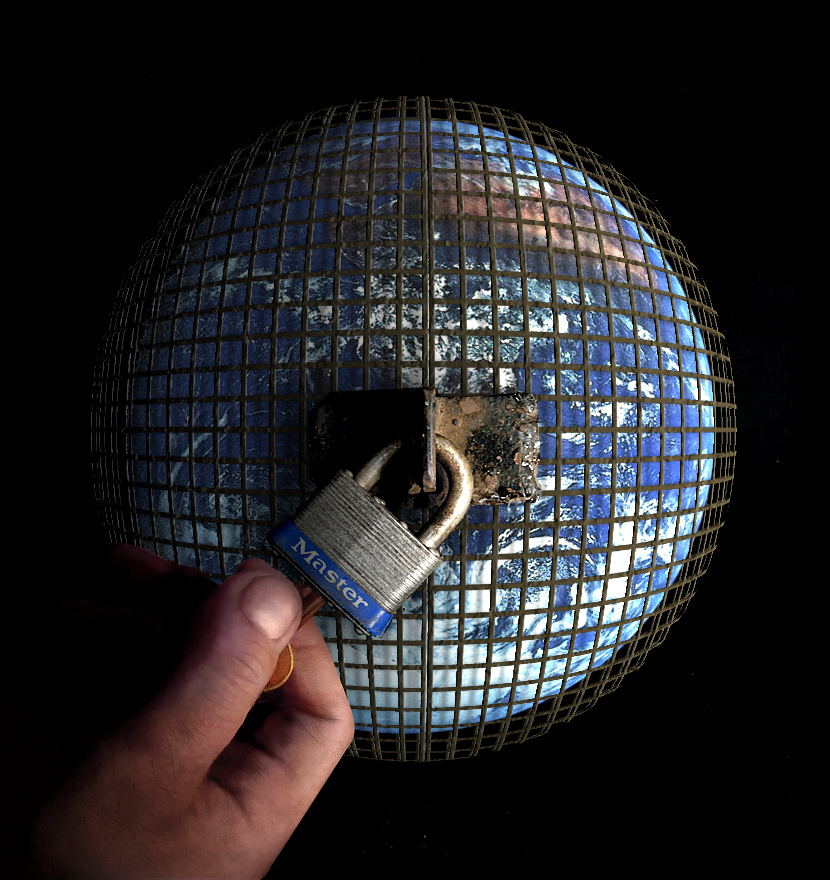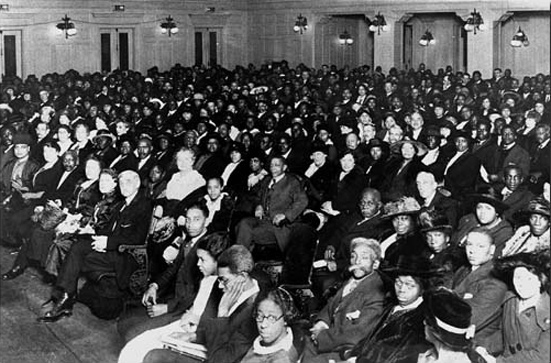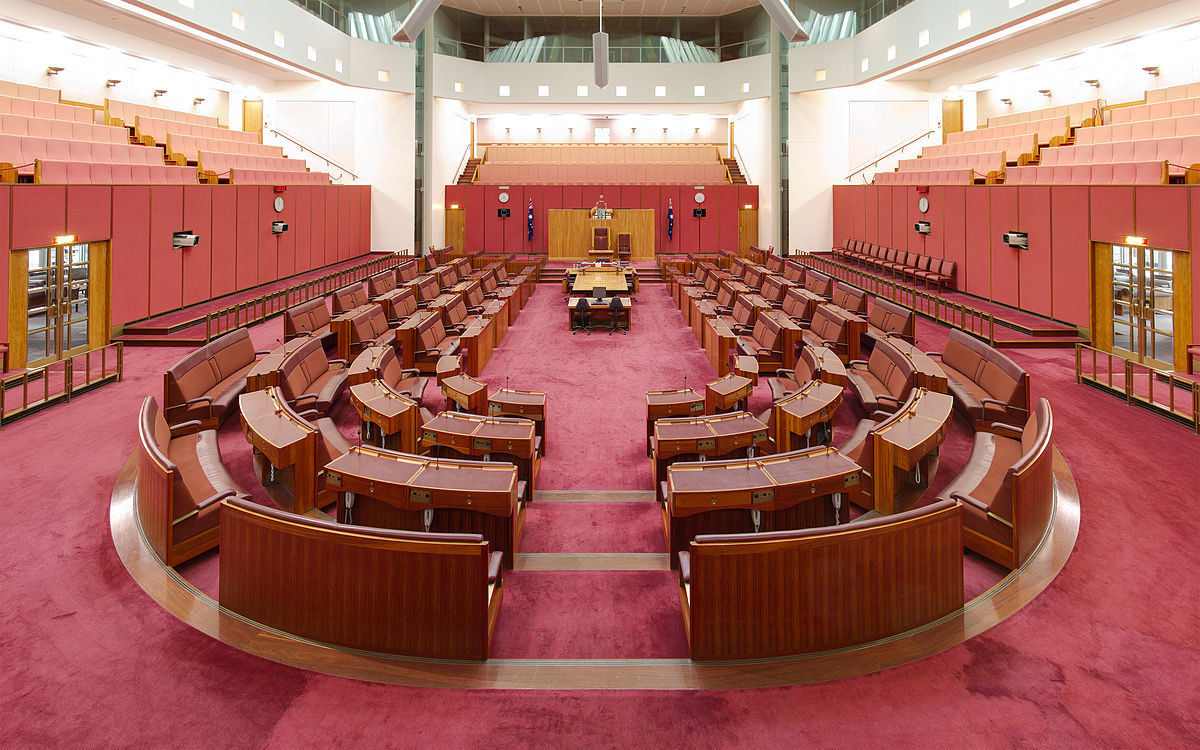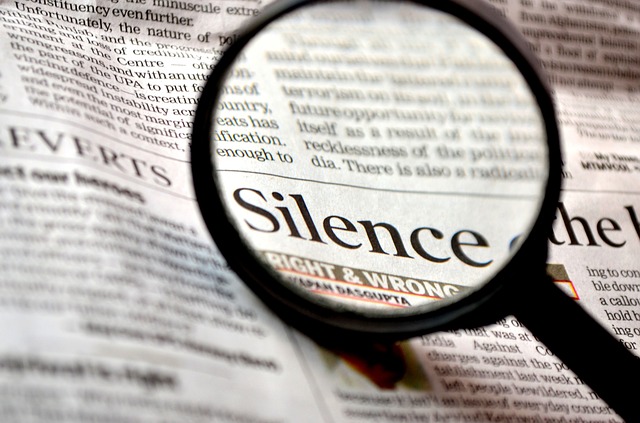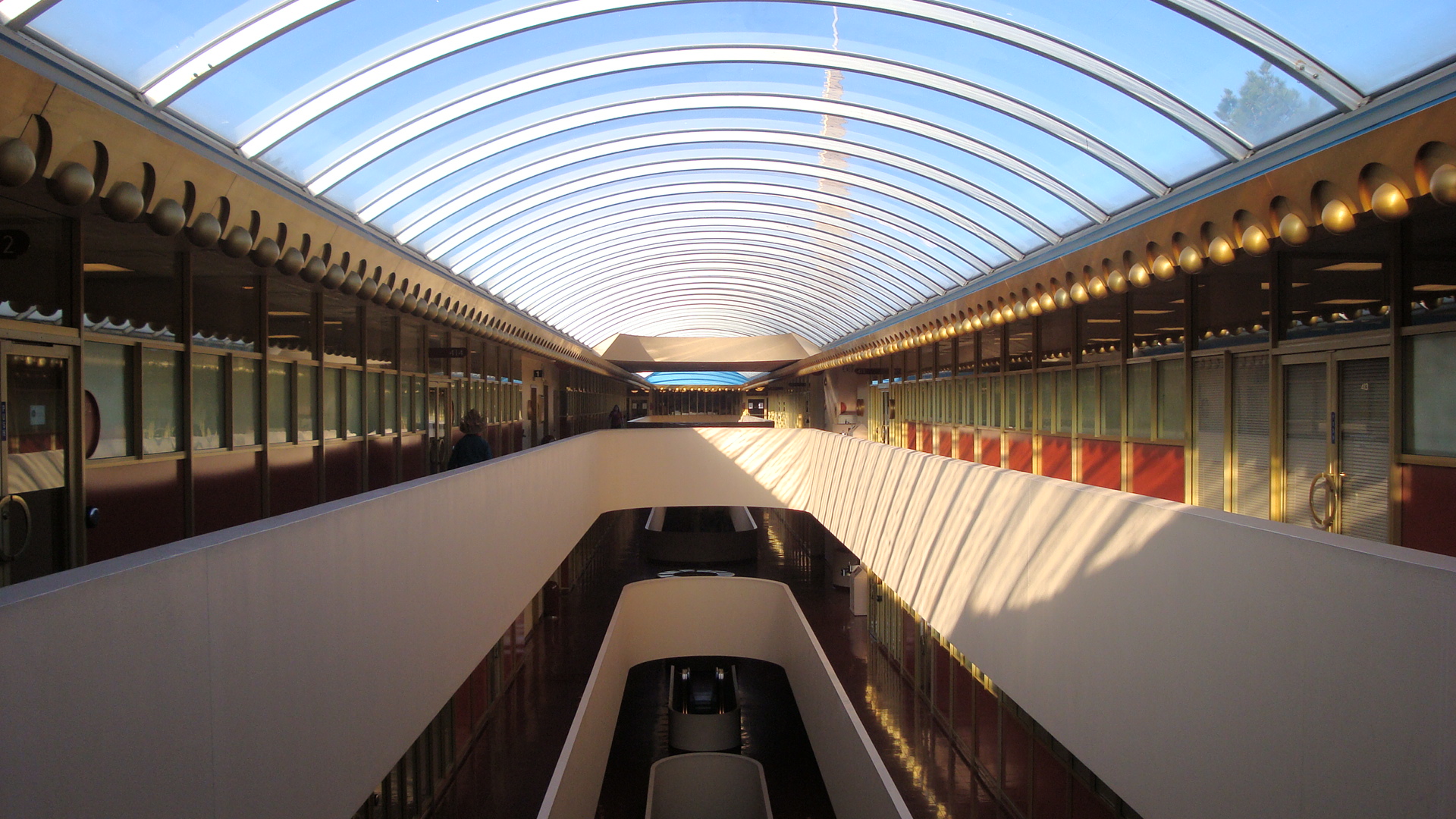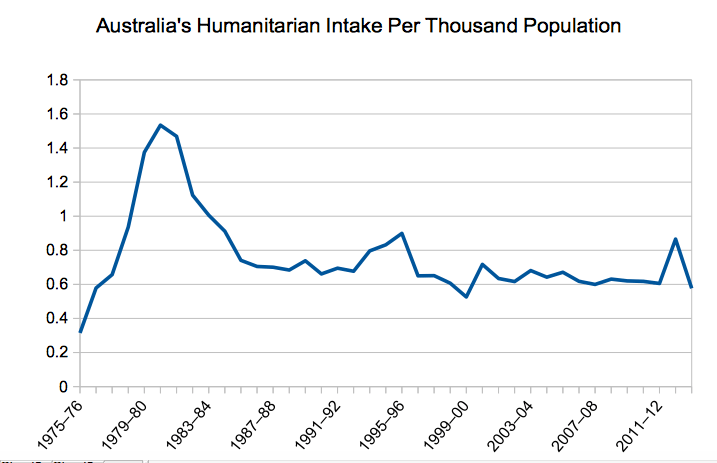-
It’s [not] a free planet
“It’s a free country.” In an age of anxiety you don’t hear people say it so much. And you certainly won’t hear anyone say “It’s a free planet”. For some people it’s getting less free all the time. The retreat in planetary freedom is measured in the rise of terms such as “border security” and the real and virtual fences are going up on the borders of the world. The barriers going up not just at the borders – within countries and beyond them mechanisms to keep ‘them’ out are being reinforced all the time. The highest and most impassable barrier is the wall being built in our minds, so that it becomes more and more difficult…
-
Libya’s Migrant Slaves
Among the tragedies befalling the people of Libya, is the tragedy befalling its migrant workers. On 9 March the International Federation of Red Cross and Red Crescent Societies reported that 30,000 migrant workers were forced back into Libya by forces loyal to Muammar Gaddafi to ‘return to work’ in Tripoli. This forced return amounts to slavery. It also violates international human rights in another way: Everyone has the right to leave any country … (article 14(2) Universal Declaration of Human Rights). Almost as soon as the uprising began in Libya the bonds that had held a multi-national community together fell apart. Although nationals and foreigners had lived together and shared their future before the uprising – after the uprising a person’s…
-
No One is Illegal
“You who are so-called illegal aliens must know that no human being is ‘illegal’. That is a contradiction in terms. Human beings can be beautiful or more beautiful, they can be fat or skinny, they can be right or wrong, but illegal? How can a human being be illegal?” Elie Wiesel, holocaust survivor, nobel peace prize recipient. If you search for the phrase “No One is Illegal” – you’ll see that its an idea that’s catching on. People are finding the idea relevant in places such as Vancouver, the UK, Montreal, Ottawa, Toronto, Melbourne, Tubingen, Poland and Sweden. Organisations such as change.org and colorlines are speaking out against use of…
-
A lesson from Europe
The question of the place of the Roma in European society has returned to the media spotlight. The New York Times reports that a meeting of European leaders this week “degenerated into open discord” over France’s plans to deport Roma. Since Romania and Bulgaria entered the European Union in 2007, Roma have migrated in increasing numbers to western Europe in search of work and education. This has raised questions in the EU, according to the Times, “over just how open its borders ‘open borders’ are.” The struggle of the European Union to deal justly with the Roma question serves as a reminder that foreignness is not just a legal or…
-
The Berlin Wall and Barack Obama
In recent days Germans and those affected by the Cold War are celebrating the 20th anniversary of the fall of the Berlin Wall. It is an anniversary worth celebrating. A chasm between the politics of the west and the communist world dissolved and people that had been kept apart for 40 years were suddenly able to come together. The process has not always been easy and far from perfect, particularly in respect of poverty. Nonetheless walls came down: literally and metaphorically. The White House press release on 6 November leading up to the event says little beyond congratulations: On the occasion of the 20th Anniversary of the fall…
